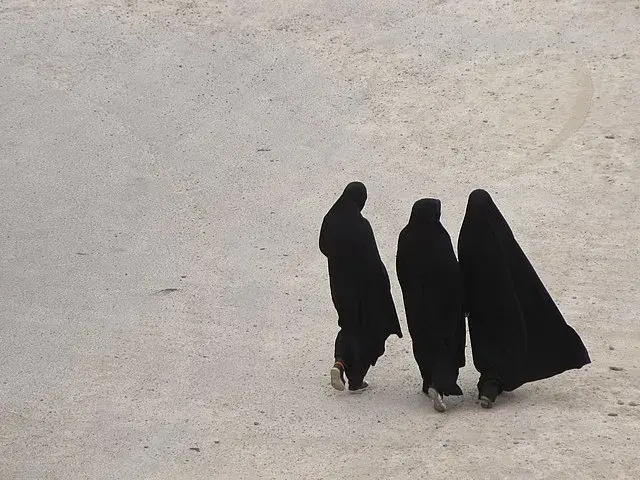The court case began in July 2022, when Rashno stood up to a woman who was working with the Moral Police and who scolded her for her dress code on a bus.

Sepideh Rashno, an Iranian activist, writer and poet, received a prison sentence of three years and eleven months from the Iranian regime after a long legal battle that started when she faced a woman who criticized her for not wearing the hijab or Islamic veil on a bus.
Rashno shared the news on her social media and said that she had to report to Evin prison soon, where many political prisoners and prisoners of conscience are detained. She also reported that the Islamic regime banned her from leaving the country.
The court case began in July 2022, when Rashno stood up to a woman who was working with the Moral Police and who scolded her for her dress code on a bus in Tehran. The other passengers backed Rashno and threw the agent out of the vehicle.
However, Rashno was arrested two days later and made to apologize to the woman on state television, where she appeared with bruises on her face. She was freed on bail in June 2023 and accused of “propaganda” and “encouraging promiscuity.”
The original sentence was three years and seven months in prison, but it was increased by four more months for criticizing her expulsion from the university and she was fined 15 million rials (331 euros) for going to court without the hijab.
Rashno is among the many Iranian women who have resisted the compulsory Islamic veil, which was enforced after the Islamic Revolution of 1979 and which is seen as a sign of oppression by the most secular and progressive segments of society.
The “My hijab, my choice” campaign has inspired many Iranian women to take off their veils in public and post their pictures on social media, challenging laws that penalize those who do not wear them with fines, lashings or even jail time.
Another notable case of this fight is that of Mahsa Amini, a 22-year-old girl who was arrested and tortured by the Guidance Patrol in September 2022 for allegedly not complying with the hijab rules set by the regime.
While she was in police custody, her family said that she was severely hit in the head.
Amini died on September 16, 2022 in a hospital in Tehran, where she was in a coma for two days. Officially, authorities said she had a heart attack, but leaked medical tests suggest she had a brain hemorrhage or stroke due to head injuries.
Amini’s death sparked the outrage and solidarity of thousands of people, who took to the streets to protest against the violence and injustice of the regime. Some protesters cut or removed their hijab as an act of protest.
Human Rights Watch said that the Iranian regime has increased its crackdown on women’s rights activists, especially those who oppose the mandatory hijab, and has arrested, questioned, prosecuted and imprisoned dozens of them in recent years. .
Amini’s death has attracted widespread international criticism, while Iran has blamed “thugs” connected to “foreign enemies” for causing unrest.
Tehran accused the United States and some European countries of using the protests to try to destabilize the Islamic Republic.







